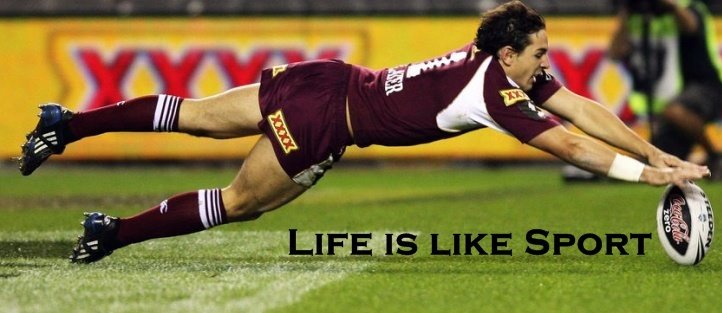One of the more discussed issues in cricket is "walking". In short, if you are out, but the umpire gives you 'not out', do you leave voluntarily?
Aussie captain Ricky Ponting is one player who appears to be firmly in the 'no' camp. Today, in the first match of the new year, Ponting (on 17) appeared to edge one to the wicketkeeper. Ponting stayed, and the umpire ruled that he didn't hit it.
Then on 55, Ponting inside-edged the ball onto his leg. Ironically, the same umpire again judged that Ponting didn't hit it, and hence gave him out lbw.
And this is the basis of 'non-walker' theory - that when an umpire error goes against you, you have to leave. Therefore (they say) when a decision favours you, you should get to stay.
But the thing that really tips it (for me) is the carry-on of players when they do get given out. There'll be a short stare at the umpire (long enough to make a point - short enough not to be fined for bad sportmanship) a glance towards the bat (in the case of inside edge) all followed up with some grumpy stomping off the field (like a child being sent to their room).
Of course, they'll say that it's all just a natural reaction, and impossible to supress. Yet when they "get away with one", the emotion of guilt seems much easier to hide.
In my view, if batsmen are going to claim "the umpire's the one who decides if i'm out", then it has to be true when it doesn't suit - not just when it does.







